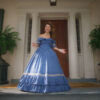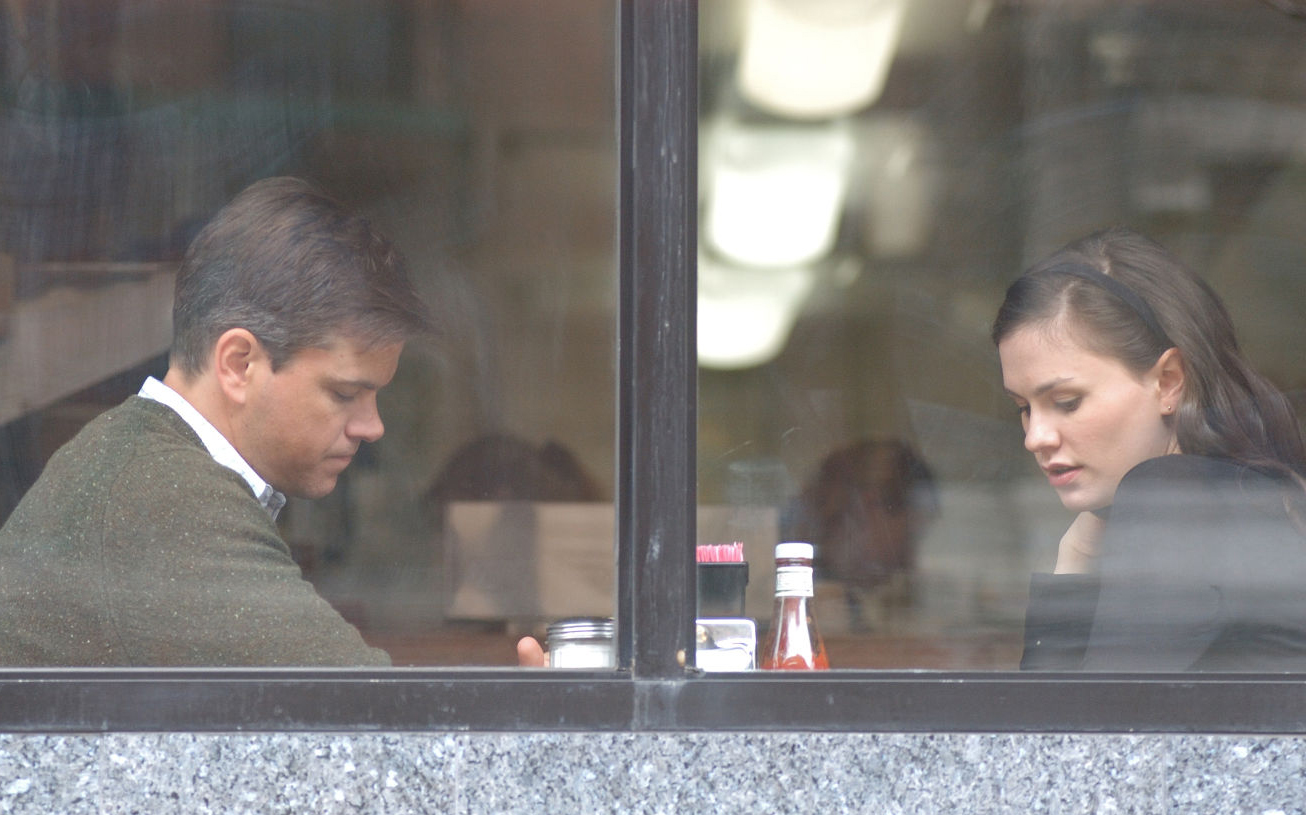“Can I confess that I don’t know which version is the final product?” Nico Muhly asked after I wondered whether he was happy with how he liked how his score was incorporated into the theatrical version of “Margaret.”
The New York-based composer can be easily forgiven for this. Since Muhly finished his work on the Kenneth Lonergan drama years ago, legal wrangling over the final cut of the film led to countless missed release dates and ultimately a half-hearted rollout from Fox Searchlight last September, though grassroots support for the film earned it a rerelease in New York, where it finished a successful run last week, and now in Los Angeles, where it will open for a one-week engagement at The Cinefamily, and in Seattle at the SIFF Cinema beginning Friday.
While supporters of “Margaret” have been busy, it pales in comparison what Muhly’s done after he submitted the score. The former Philip Glass protégé has worked on a few films including the recent Sundance doc “Me @ the Zoo” (for which he describes his work as “beautiful and small and rickety” to tell the story of Southern-born internet sensation Chris Crocker) when he hasn’t been collaborating with the likes of Grizzly Bear and Sigur Ros front man Jonsi, putting out his own album “I Drink the Air Before Me,” and creating the opera “Two Boys” for the Met.
An eclectic and accomplished résumé to be sure, it is also indicative of why he was an inspired choice to set the mood for the sprawling drama centered around the over-entitled, under-experienced teen Lisa Cohen, who finds Manhattan to be a lonely place after witnessing a bus accident with no one to turn to for guidance. Although The New Yorker’s Richard Brody wasn’t referring to the score when he acutely described the film as a “city symphony,” the statement alludes to Muhly’s great challenge on the film, which was to create separate musical themes on opposite ends of the emotional spectrum while remaining consistent sonically. Given the contested nature of how the film was edited, he also inadvertently became its one unifying and arguably least compromised voice.
“The script was, and still is, one of the best things I had ever read,” Muhly recalled in an e-mail exchange. “It’s a film really about a moment in New York, and there’s so much going on geographically. I just loved it, so I tried to make it as expansive and ‘Our Town’ as possible.”
Using a mix of one oboe, a harp “and some secret piano,” Muhly does staggering work to that effect, capturing the grandeur of the big city with one soaring piece of music while conveying all the delicate relationships inside of it with a much more nimble, needling track. Like his previous scores for the 2007 thriller “Joshua” and Stephen Daldry’s “The Reader,” the soundtrack could be called bold even though its full impact only sneaks up on you later and as in the case of the latter, he was brought onto the project by producer Scott Rudin, for whom he had previously worked on several films in various capacities in the sound department.
Muhly was immediately impressed with Lonergan’s abilities as a director, noting upon seeing footage from “Margaret” how he was amazed with “the way [Lonergan] coaxed performances out of these people — most of whom were meant to be more or less four years younger than I was at the time,” but was even more so with his knowledge of music, particularly in its application to the narrative form.
“The weird thing about the rough cut that I saw was that all of the music he had temped with came from operas — Wagner, etc., and of course the barcarolle from ‘The Tales of Hoffman’ is a major scene in the movie,” Muhly said, referring to the film’s climactic scene between Lisa and her mother (J. Smith-Cameron). “So by the time I was involved, he had these very long sequences temped with 15 minutes of ‘Lohengrin.’”
While Muhly says he wasn’t affected by any of the difficulties that emerged from the film’s troubled post-production, he did offer tantalizing hints of what might’ve been, mentioning that his favorite version of the film “was the one where it was like four hours long – an almost Wagnerian length.” Also, when asked about how the film was true to its Manhattan setting, the native New Yorker described how much he enjoyed a scene “when [Lisa] is in her doctor’s office and then all of a sudden it’s these huge helicopters over the West Side Highway” which isn’t in the current theatrical version, but may corroborate something Anna Paquin confirmed in a recent interview with the L.A. Times (since it concerns a crucial plot point, be forewarned of spoilers).
Muhly acknowledges releasing a version even longer than the film’s current two-and-a-half hour running time might’ve been commercially unfeasible, which of course was a primary reason for “Margaret”’s delay in the first place. Yet this can’t be considered a case of diminishing returns since much like the film as a whole, his score only continues to expand well after one leaves the theater.
Photo of Nico Muhly courtesy of Samantha West.




